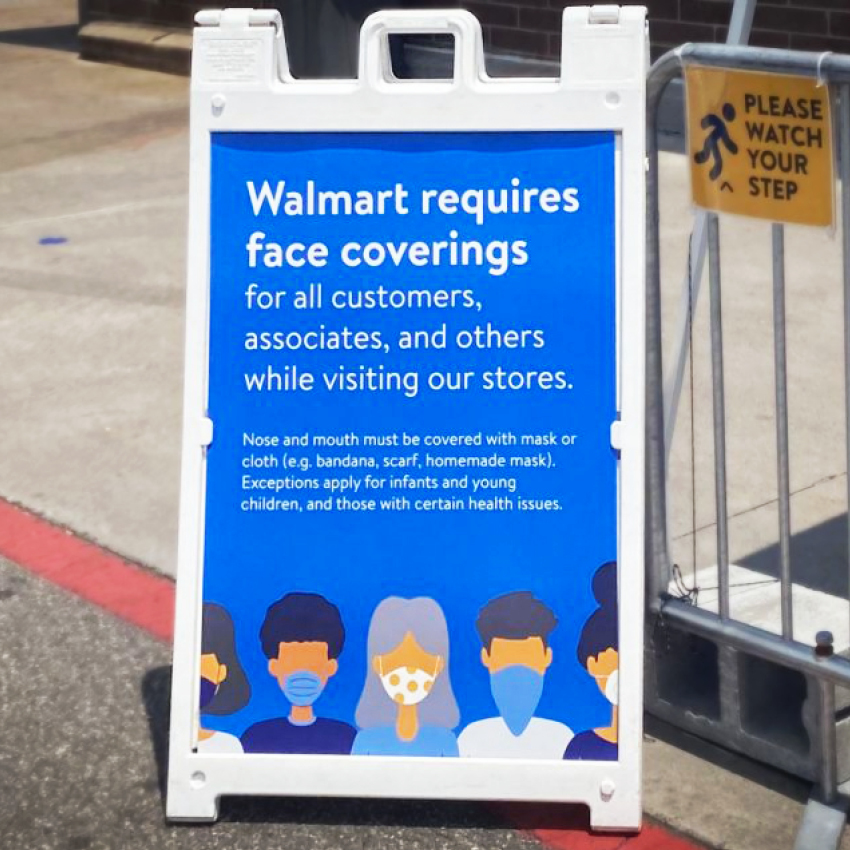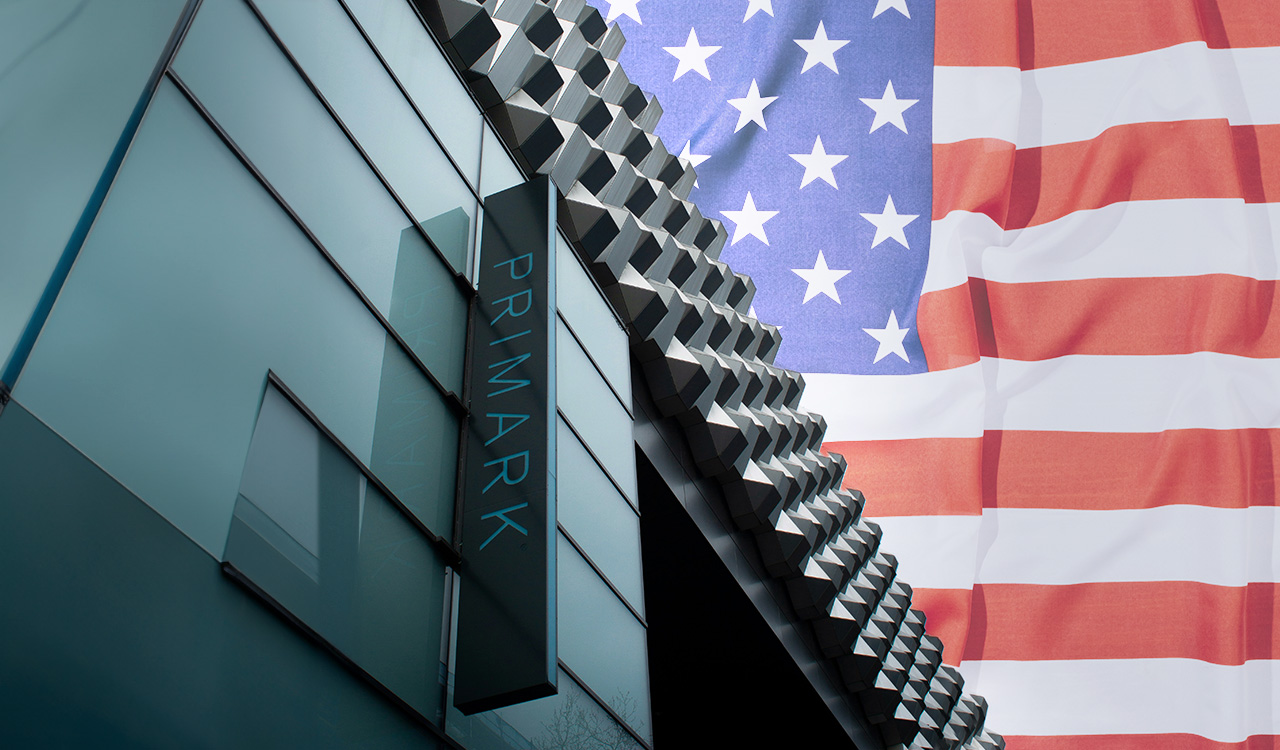The confusion, debate and politics surrounding wearing a mask or face covering rages on and retailers are front and center as the United States grapples with flattening the Covid-19 curve and protecting states from having to shut down a second time. Although no federal mandate currently exists, the U.S. Center for Disease Control and Prevention (CDC) says everyone \”should wear a cloth face cover when they have to go out in public.\” The CDC also says, \”face coverings are meant to protect other people.\” Science supports that wearing masks can and will help in slowing the spread of Covid-19.
Masks in Retail
Retailers have already made a lot of headway on the topic of masks. In many parts of the country, state governments and local mandates support retailers in requesting masks be worn. Most retailers understand that the mask is imperative to the health and safety of both their employees and their customers. Masks are even becoming a key part of the customer experience giving them comfort and safety, as well as a sense of professionalism decorum for employees.
This month there has been additional progress in the retail world expedited with Walmart & Sam\’s Clubs (approximately 5000 stores across the nation) joining the list now requiring customers to wear masks.
Several other national retailers followed suit including Albertsons, Starbucks and Whole Foods to name a few. There have also been a few retailers (Dollar Tree and Family Dollar) who changed their policy to allow each store to make their own policy based on its location and local mandates. The National Retail Federation also called upon all retailers to set a national policy for masks which was sent to the current administration in Washington.
A Need for Clear Direction
Several mask-related issues have emerged and remain to be resolved. One, the need for a national policy for the U.S. to slow the coronavirus spread across 50 very different states with a trickle-down to retailers and other major industries. This week the Trump administration seemed to be taking Covid-19 more seriously including recognizing that it may go on longer than expected or projected and that wearing masks does indeed help stop the spread of the virus and protect individuals. It even went so far as to say wearing masks is patriotic.
The second issue is having a clear retail mask mandate on a national level. Everyone working on the retail floor is risking potential exposure to Covid-19. They are frontline workers and need to be protected. And then there is the issue of the customer. There is no shortage of stories in the media of consumers who have an aversion to wearing masks and end up in altercations with staff or other consumers – from coughing on each other to peeing in a store (I can\’t make this stuff up). No matter how you look at it, retail workers are in a tough spot.
Need for Training
Many retailers have done and continue to do major employee training on new protocols and have increased signage on policies both externally and internally. Walmart said it would enforce the policy by stationing \”health ambassadors\” near the entrance to remind shoppers of the requirement. It certainly begs the question: What is the chain of command if a customer does not want to comply? Is it the same as having a difficult customer? How does it escalate through the store staffing system? It\’s not a crime not to wear a mask but if it is the store\’s policy, what ultimate control does the store have over the customer? Turn them away?
[callout]Several mask-related issues have emerged and remain to be resolved. One, the need for a national policy for the U.S. to slow the coronavirus spread across 50 very different states with a trickle-down to retailers and other major industries.[/callout]
There is also an emerging vigilante issue. If consumers are policing each other, the \”citizen\’s arrest,\” becomes a thorny ethical dilemma infringing on personal freedom. We are now living in an age of having to learn how to tell an unmasked stranger to put on or pull up a mask. Some retailers have said they will not actively enforce the policy but let the signage passively speak for itself. CVS relies on customers to obey requirements; if they don\’t, \”health ambassadors,\” security or that greeter who takes your temperature suggests other methods of shopping like curbside pickup.
All of these scenarios bring us full circle: Retailers need a consistent message that should come from a national mandate that requires enforcement, otherwise it will be meaningless. This very notion goes against the American sense of personal freedom and has become politicized. Yet, where does personal freedom stand on the health and safely of a nation – or even more specifically, a local community? This is the real sticking point of the individual versus the demands of the group. No one wants to live in a police state, which is why the mask issue is such a hot button. Ultimately retailers need a clearer sense of direction to keep their employees and customers safe.
Field Report
As a proud member of the retail industry myself, I have visited several nonessential stores in Phases 2, 3 and 4 of openings in Manhattan. I\’m happy to report so many retailers welcoming customers back happily and safely…and so many consumers wearing masks, cooperatively getting temperatures checked and sanitizing their hands — no questions asked! The new normal is here in New York City, and so far, we are doing well in keeping the Covid-19 curve flattened…finally.
No matter where you live or what industry you work in, whether you are a shopping aficionado or a minimalist, retail is a key component of our lives and a big chunk of the economy. Getting it up and running in-store safely and efficiently will help the retail economy recover. The key is safely, and we all need to work together to make that a reality. #wearyourmask.



